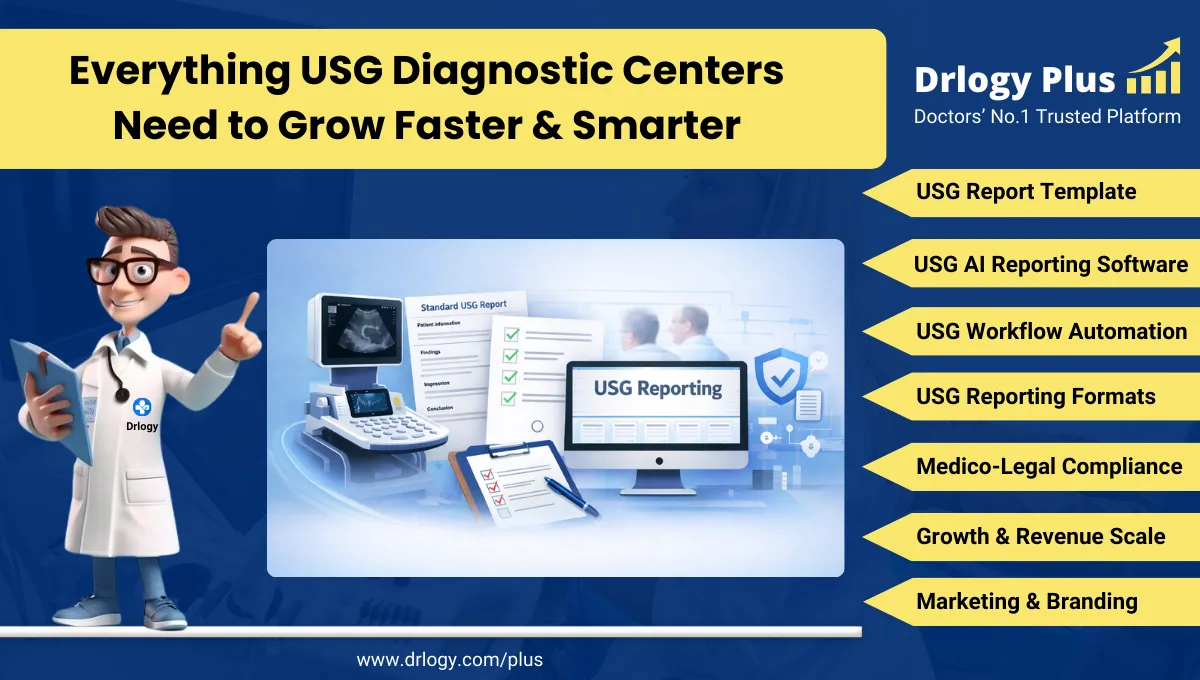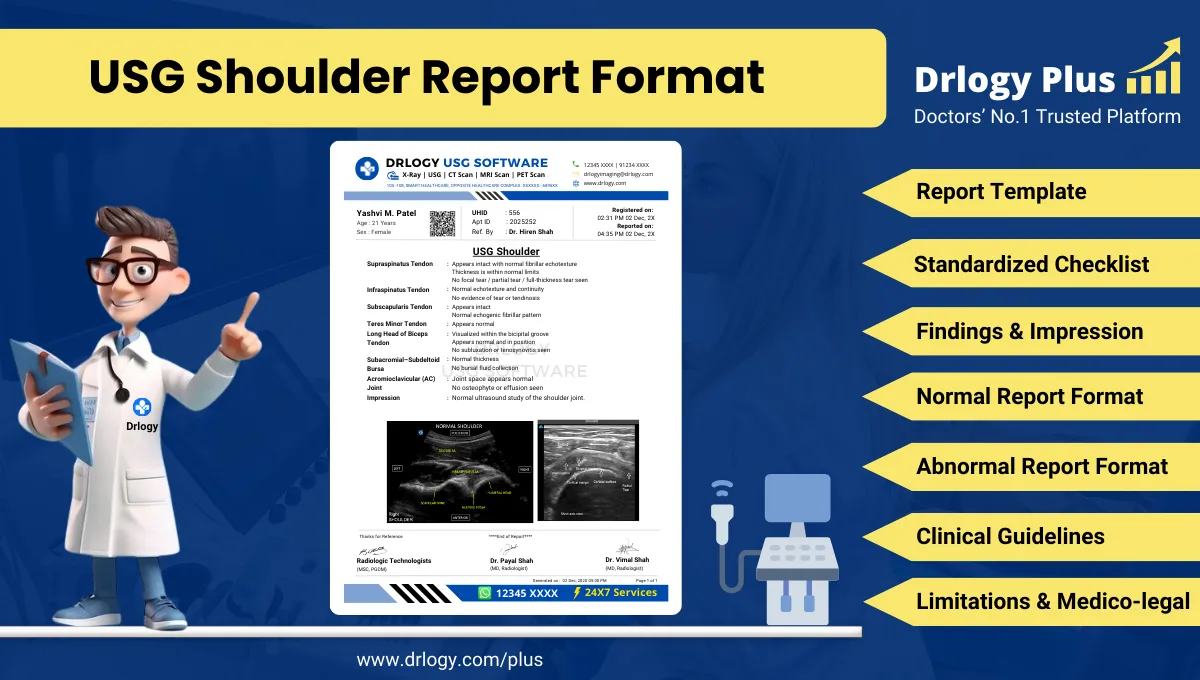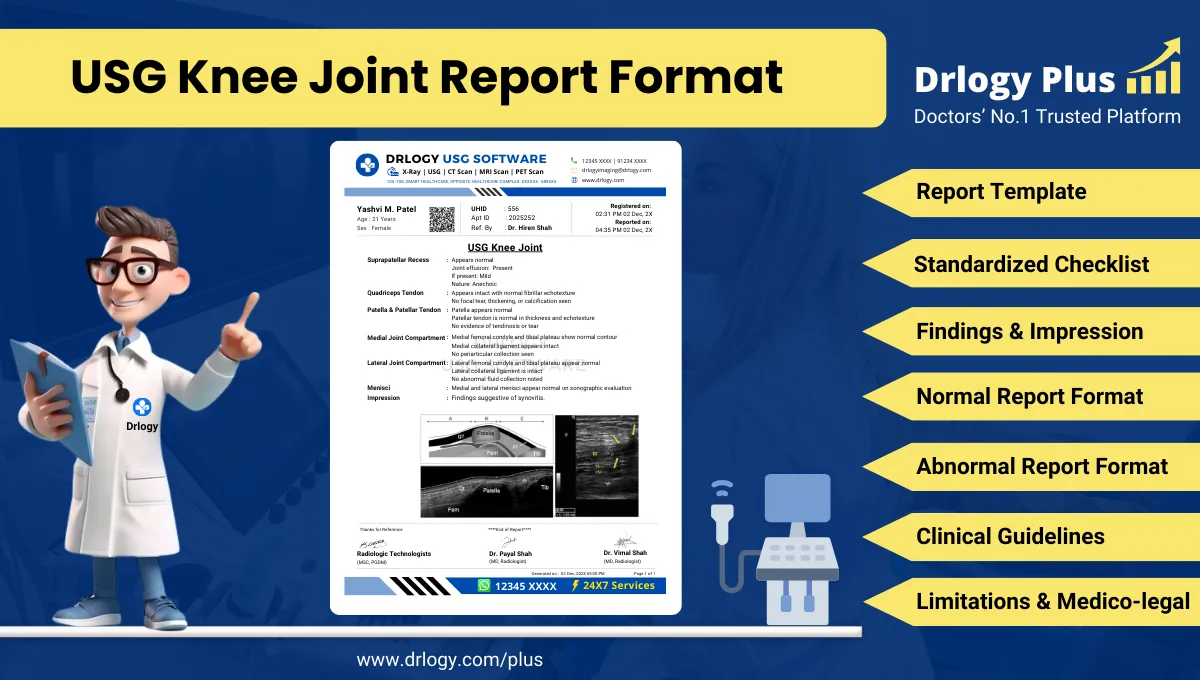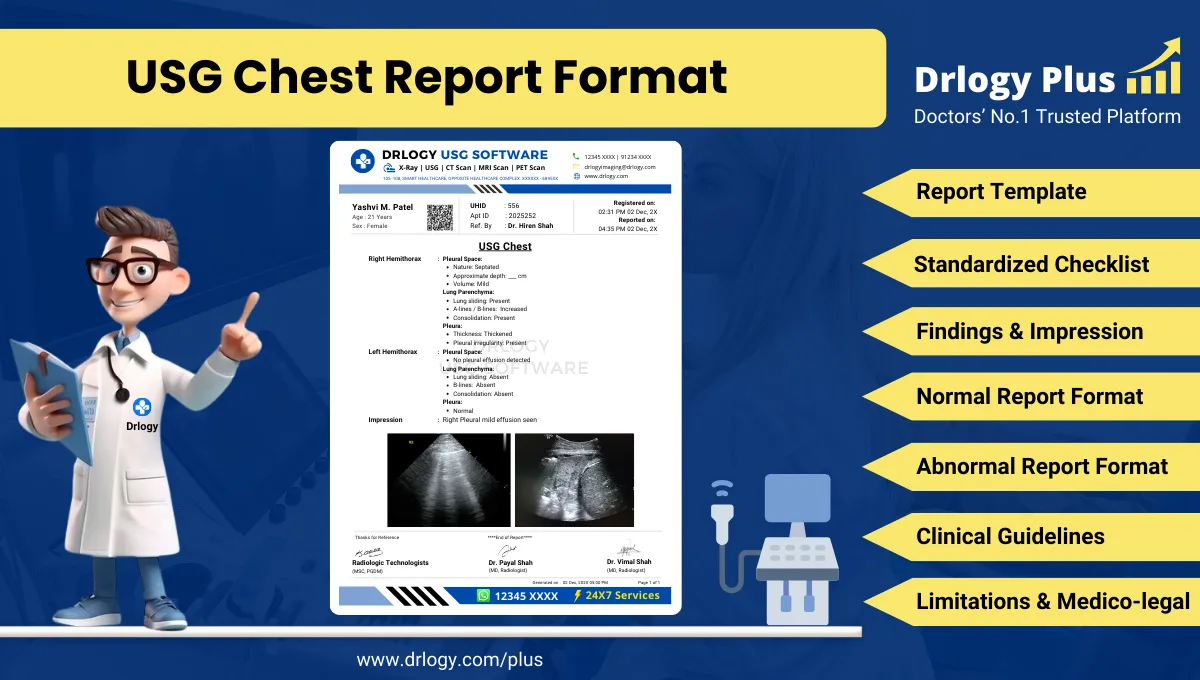
Drlogy
Healthcare organization
Don't Buy ICU Software Without These 14 Features For Hospital
Choosing the right ICU software is crucial for enhancing patient care, streamlining hospital operations, and ensuring compliance with healthcare standards.
Check:
High-quality ICU software provides comprehensive tools for real-time monitoring, data management, and reporting. Here are 14 essential features that optimize hospital management and improve outcomes in critical care settings.
Check:
14 Best ICU Software Features For Hospital Management
Here are 14 Best ICU Software Features For Hospital Management.
1. Appointment
- Scheduling Flexibility: Allows for flexible scheduling and rescheduling of appointments to accommodate emergency and routine visits.
- Automated Reminders: Sends automated reminders to patients and staff about upcoming appointments via SMS, email, or app notifications.
- Patient Portal Integration: Enables patients to book, cancel, or reschedule appointments through a user-friendly portal.
- Real-time Availability: Displays real-time availability of doctors and ICU beds to streamline appointment bookings.
- Waitlist Management: Manages waitlists effectively to ensure patients are seen in a timely manner.
2. Bed Management
- Real-time Bed Status: Provides real-time updates on bed availability and occupancy status.
- Bed Allocation: Facilitates efficient bed allocation based on patient needs and bed type (ICU, general ward, etc.).
- Cleaning and Turnover Tracking: Tracks cleaning and preparation of beds to minimize turnover time.
- Patient Transfer Management: Manages patient transfers between departments and wards smoothly.
- Alerts and Notifications: Sends alerts to relevant staff about bed availability and patient discharge.
3. Patient Admission
- Streamlined Admission Process: Simplifies the admission process with easy-to-use forms and checklists.
- Documentation Management: Manages patient documentation and records efficiently during admission.
- Insurance Verification: Verifies insurance details and manages pre-authorization if required.
- Patiententification: Uses biometric or RFID technology to accuratelyentify patients during admission.
- Data Integration: Integrates with other hospital systems to automatically populate patient data.
4. Patient Monitoring
- Vital Signs Tracking: Continuously tracks and records vital signs such as heart rate, blood pressure, and oxygen levels.
- Alarm Management: Provides configurable alarms for critical changes in patient conditions.
- Remote Monitoring: Allows healthcare providers to monitor patients remotely via mobile devices.
- Trend Analysis: Analyzes trends in patient data to predict and prevent potential complications.
- Integration with Medical Devices: Seamlessly integrates with various medical devices and equipment for comprehensive monitoring.
5. Electronic Health Records (EHR)
- Comprehensive Data Storage: Stores complete patient health records, including history, treatments, and test results.
- Interoperability: Ensures interoperability with other healthcare systems and databases.
- Data Security: Implements robust security measures to protect patient data from unauthorized access.
- Easy Access: Allows authorized personnel to access patient records quickly and easily.
- Documentation Templates: Provides customizable templates for clinical documentation.
6. Staff Management
- Scheduling and Rostering: Efficiently schedules shifts and manages staff rosters.
- Credential Management: Tracks staff credentials, certifications, and training requirements.
- Performance Tracking: Monitors and evaluates staff performance and productivity.
- Communication Tools: Facilitates communication between staff members through secure messaging and alerts.
- Workload Balancing: Ensures fair distribution of workload among staff members.
7. Mobile App
- Patient Access: Allows patients to access their medical records, appointments, and test results on the go.
- Telehealth Capabilities: Supports telehealth consultations and virtual visits.
- Notifications: Sends notifications and reminders about appointments, medications, and follow-ups.
- Real-time Updates: Provides real-time updates on patient status and hospital services.
- User-friendly Interface: Ensures a user-friendly and intuitive interface for both patients and healthcare providers.
8. Patient Treatment
- Treatment Plans: Facilitates the creation and management of personalized treatment plans.
- Order Management: Manages and tracks orders for tests, medications, and procedures.
- Clinical Guidelines: Provides access to clinical guidelines and protocols.
- Progress Tracking: Monitors patient progress and updates treatment plans accordingly.
- Collaboration Tools: Enables collaboration between multidisciplinary teams for comprehensive patient care.
9. Medication
- Prescription Management: Manages and tracks medication prescriptions and refills.
- Drug Interaction Alerts: Provides alerts for potential drug interactions and allergies.
- Inventory Management: Tracks medication inventory and ensures timely restocking.
- Administration Records: Keeps accurate records of medication administration.
- Compliance Monitoring: Monitors patient compliance with prescribed medication regimens.
10. Patient Education
- Educational Resources: Provides access to a library of educational materials and resources for patients.
- Customized Education Plans: Develops customized education plans based on individual patient needs.
- Multimedia Content: Utilizes multimedia content such as videos and interactive modules for effective education.
- Feedback and Assessment: Collects patient feedback and assesses understanding of educational content.
- Ongoing Support: Offers ongoing support and resources for patients post-discharge.
11. Patient Management
- Case Management: Facilitates comprehensive case management for complex patient cases.
- Coordination of Care: Ensures coordinated care across multiple departments and providers.
- Patient Communication: Enhances communication between patients and healthcare providers.
- Follow-up Scheduling: Schedules and manages follow-up appointments and check-ups.
- Patient Engagement: Engages patients in their care through portals and communication tools.
12. Discharge
- Discharge Planning: Develops detailed discharge plans, including follow-up care and instructions.
- Discharge Summary: Generates comprehensive discharge summaries for patients and providers.
- Patient Instructions: Provides clear instructions and education to patients upon discharge.
- Transition of Care: Ensures smooth transition of care to outpatient settings or other facilities.
- Follow-up Reminders: Sends reminders for follow-up appointments and necessary actions post-discharge.
13. Patient Billing
- Automated Billing: Automates the billing process, reducing manual errors and delays.
- Insurance Claims: Manages insurance claims and pre-authorization processes.
- Payment Tracking: Tracks payments and outstanding balances.
- Billing Transparency: Provides clear and transparent billing information to patients.
- Financial Reports: Generates financial reports and analytics for management.
14. Patient Follow-up
- Follow-up Scheduling: Schedules follow-up appointments and tests efficiently.
- Reminder Systems: Sends automated reminders for follow-up visits and tests.
- Outcome Tracking: Tracks patient outcomes and recovery progress.
- Feedback Collection: Collects patient feedback on their care experience.
- Post-care Support: Provides support and resources for patients post-discharge.
10 Key Considerations Before Choosing ICU Software
Here are 10 Key Considerations Before Choosing ICU Software.
- User-Friendliness: Ensure the software has an intuitive and easy-to-navigate interface to reduce the learning curve for healthcare staff.
- Integration Capabilities: Check if the software can seamlessly integrate with existing hospital systems like Electronic Health Records (EHR), lab systems, and billing software.
- Customization: Look for software that can be tailored to meet the specific needs and workflows of your ICU.
- Real-time Data Access: Ensure the software provides real-time monitoring and data access to facilitate timely decision-making and patient care.
- Compliance and Security: Verify that the software complies with healthcare regulations (e.g., HIPAA) and offers robust data security measures to protect patient information.
- Support and Training: Assess the availability of comprehensive support and training programs to ensure smooth implementation and ongoing usage.
- Scalability: Choose software that can grow with your facility, accommodating more patients and additional features as needed.
- Cost: Consider the total cost of ownership, including initial purchase, implementation, training, and ongoing maintenance fees.
- Reporting and Analytics: Evaluate the software’s ability to generate detailed reports and analytics to support clinical and administrative decision-making.
- Vendor Reputation and Reviews: Research the vendor's reputation and read user reviews to gauge the software’s reliability and effectiveness based on other ICU's experiences.
These considerations will help ensure that the ICU software selected meets the needs of the facility, enhances patient care, and integrates smoothly with existing systems and workflows
Drlogy ICU Software Guide
| 1. Appointment | 8. Patient Treatment |
| 2. Bed Management | 9. Medication |
| 3. Patient Admission | 10. Patient Education |
| 4. Patient Monitoring | 11. Patient Management |
| 5. EHR | 12. Discharge |
| 6. Staff Management | 13. Patient Billing |
| 7. Mobile App | 14. Patient Follow-up |
Summary
Overall, Selecting the right ICU software is vital for optimizing patient care and hospital management through real-time monitoring, efficient data management, and comprehensive reporting.
Check Drlogy ICU Software Features Guide for efficient streamlining critical care management and enhance patient outcomes in ICU For Hospitals.




